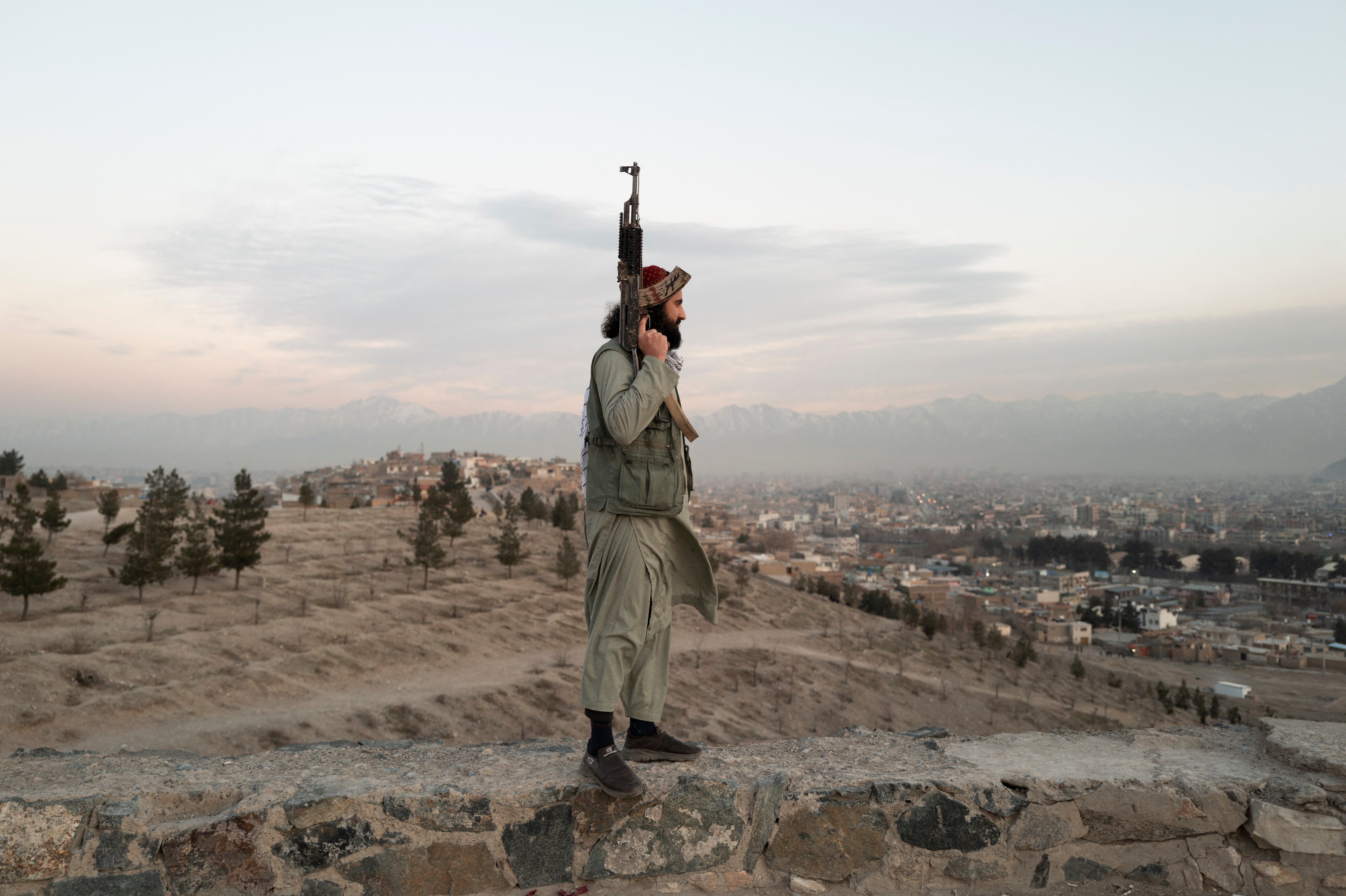ARTICLE AD BOX
Afghanistan’s Taliban, who were a pariah on the global stage not more than four years ago, are now being courted by three Asian nuclear powers – India, Pakistan and China – all vying to upgrade their diplomatic ties with the former militants.
No international government has formally recognised the Taliban administration, though China, India, and the United Arab Emirates are among the nations that have officially accepted its ambassadors in their capital after the militant group took control of Kabul in 2021. The Taliban administration said last year it was in control of 39 Afghan embassies and consulates globally.
But the Taliban’s isolation, at least in Asia, seems to be coming to an end. Playing the role of big brother to both Kabul and Islamabad, Beijing this week sought to ease the tensions gripping the two countries stoked by terrorism and deportation of refugees.
On Wednesday, China’s foreign minister Wang Yi said after his talks with Afghanistan's acting foreign minister Amir Khan Muttaqi and his Pakistani counterpart, Ishaq Dar, the two countries planned to upgrade their diplomatic ties and send ambassadors to each other as soon as possible.
A photo of the informal gathering showed Wang Yi holding hands with Dar and Muttaqi. "China welcomes this and is willing to continue providing assistance for the improvement of Afghanistan-Pakistan relations," he said.
Pakistan expelled more than 8,000 Afghan nationals in April in a fresh repatriation drive after the expiry of a 31 March deadline. Islamabad says the drive is part of a campaign called the Illegal Foreigners Repatriation Plan launched in late 2023. Pakistan has in the past blamed militant attacks and crimes on Afghan citizens, who form the largest portion of migrants in the country. Afghanistan has rejected the accusations. Kabul has termed the repatriation as forced deportation.
Wang’s comments comes just days after New Delhi, reeling from the Kashmir attack and near-war conflict with Pakistan, made political contact with the Taliban, with external affairs minister S Jaishankar appreciating Muttaqi’s condemnation of the 22 April Pahalgam terror strike. India said it attached a “lot of significance” to the telephonic conversation between Jaishankar and Muttaqi.

In January, Indian foreign secretary Vikram Misri met with Muttaqi as the two sides discussed expanding bilateral ties, with an increased focus on India’s security concerns, boost in trade through the Chabahar Port in Iran, and Indian investments in several development projects inside Afghanistan.
The Taliban have banned girls and women from school for more than three years now and are blamed for turning Afghanistan into an “open-air prison” for its female population due to their gender apartheid policies – one of the biggest reasons the group is isolated and denied formal recognition.
Many Western nations, including the US, said the path to any formal recognition of the Taliban will be stuck until they change course on women's rights and re-open high schools and universities to girls and women and allow their full freedom of movement. The Taliban say they respect rights in accordance with their interpretation of Islamic law and that restrictions on its banking sector and a lack of recognition are hindering its economy.After
The Taliban-ruled Afghanistan being wooed by the biggest powers in Asia, is a scenario, experts say, that was unimaginable just last year. India, Pakistan, and China are seen to be looking out for their own interests in the regional race for minerals and guarding against terrorist groups over which the Taliban have influence.
Farid Mamundzay, former Afghanistan ambassador to New Delhi till 2023, says the world should note that the competition over Afghanistan is “not new, but it has become more public, more visible, and increasingly pursued at higher diplomatic levels”.
The three countries are focused on their strategic imperatives rather than concerns for rights or governance, he tells The Independent.
“For Pakistan, Afghanistan remains central to its concept of strategic depth, a critical arena for influence and a means to limit Indian influence along its western frontier. China views Afghanistan as vital to securing Xinjiang, expanding the Belt and Road Initiative, establishing overland trade corridors to Central Asia and Iran, and accessing its untapped mineral wealth,” says the ambassador who served New Delhi until the Taliban took control of the mission.
“India, meanwhile, sees continued engagement as essential for countering Chinese and Pakistani influence and maintaining strategic access to continental Asia,” he says, warning that the Taliban risks making war-battered Afghnanistan a pawn and not a partner in the regional race.
“In this unfolding rivalry, Afghanistan risks once again being treated less as a sovereign actor and more as a geopolitical battleground, its internal priorities overshadowed by external power plays,” Mamundzay says. “For too long, Afghanistan’s soil has hosted the rivalries of others. That pattern must end.”
As for the Taliban, the former ambassador says the increased attention from three sides boosts its international posture, political leverage and economic gains.
But this does not guarantee any safety to Beijing, Delhi, and Islamabad, says Afghanistan’s former deputy foreign minister Nasir Ahmad Andisha.
“This engagement, while it might look pragmatic at the moment and allows Delhi to be friends with enemy’s enemy, in the long run, this is doomed to fail,” he says.
For the time being, the Taliban is enjoying the popularity from the three power centres.
“There is no doubt in this regard that the Islamic Emirate has strengthened its comprehensive relationship with big countries, like China, Russia, Iran, and even India, in accordance with its interests,” Abdul Mateen Qanay, the spokesperson for the Taliban’s interior ministry, tells The Independent.
He adds that the Taliban’s interior minister Sirajuddin Haqqani and foreign minister Muttaqi have made renewed efforts to repair Afghanistan’s ties with Pakistan. On being asked if this is a new chapter for the Taliban, Qanay says: “Yes, that’s exactly right”.









 English (US) ·
English (US) ·